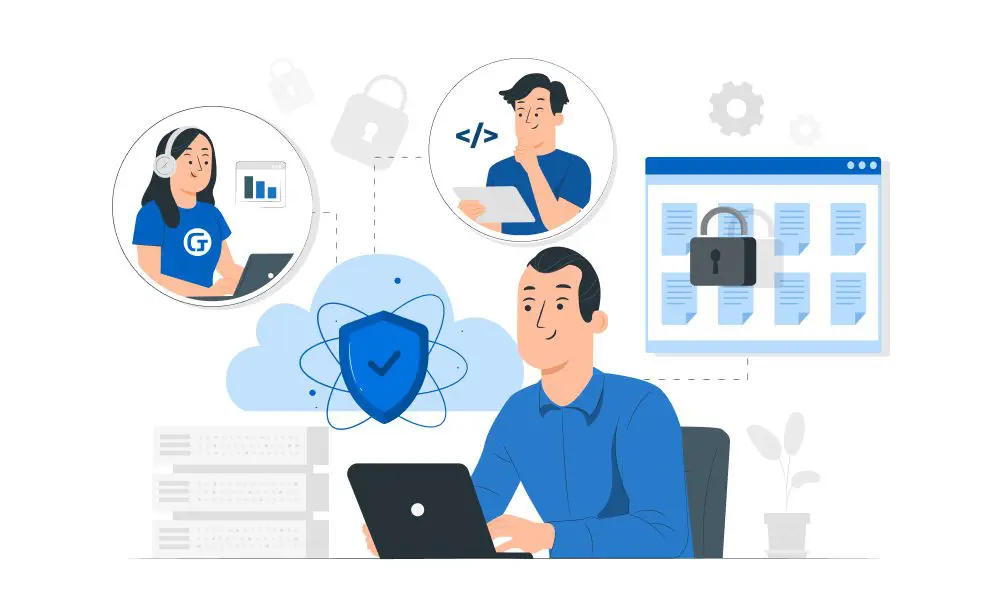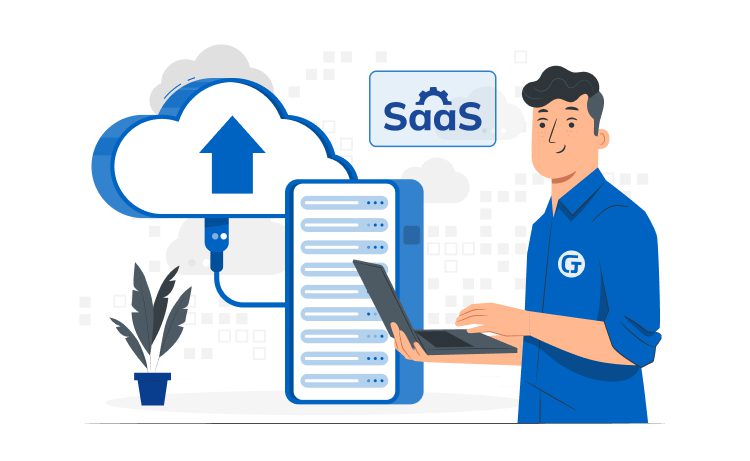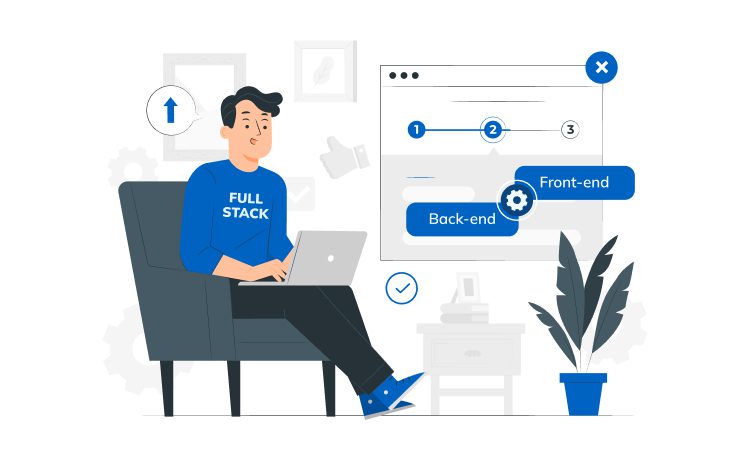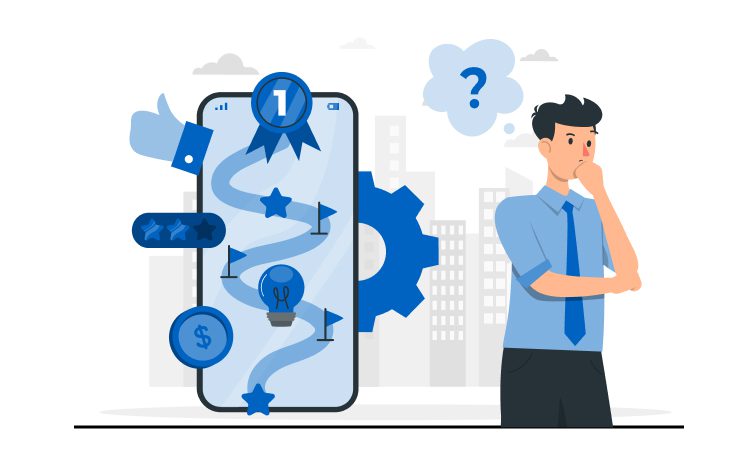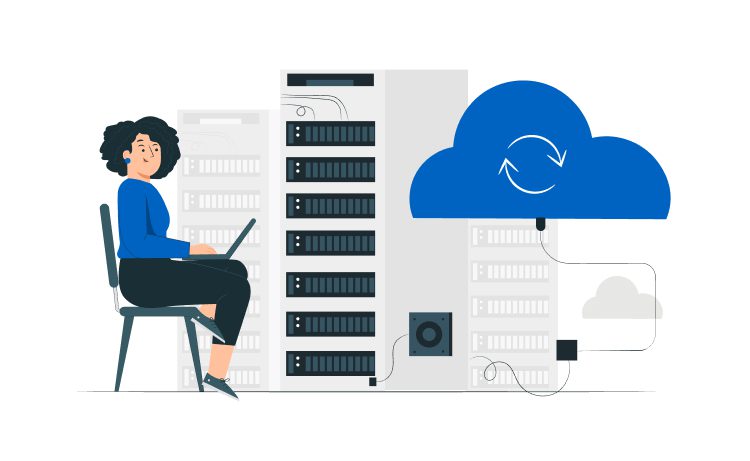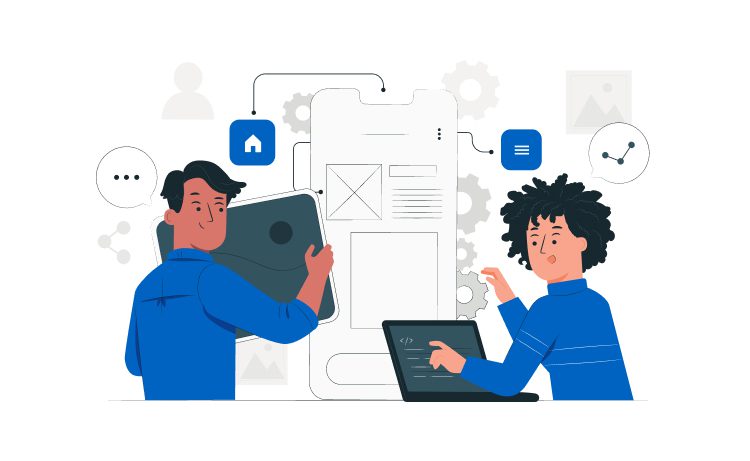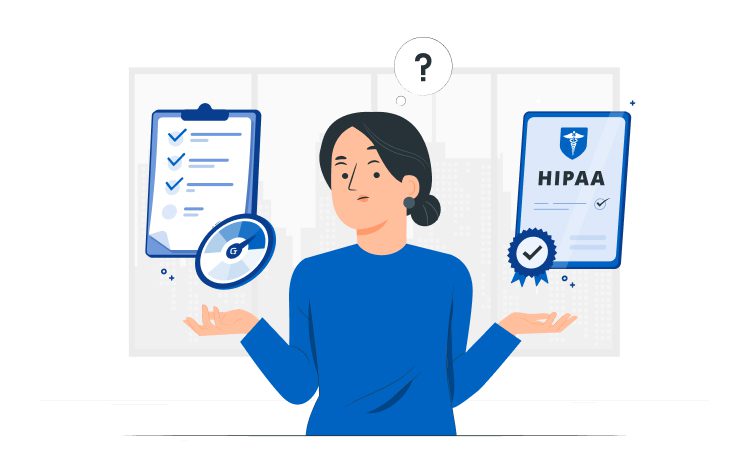
Software Engineers’ Perspectives on HIPAA: How to Balance Compliance and Development Efficiency



HIPAA (Health Insurance Portability and Accountability Act) plays a critical role in safeguarding patient data and ensuring privacy in healthcare. Software engineers at the forefront of healthcare software development have unique perspectives on HIPAA and its impact on their work. At Glorium Technologies, we do dozens of healthcare projects, so we have hands-on knowledge of all compliance specifics and will be happy to share this information with you.
In this article, we gathered multifaceted viewpoints of software engineers regarding HIPAA. In particular, developers’ work with compliance triggers the following topics:
Scroll for insights into the experiences and challenges faced by software engineers in healthcare to understand how to approach HIPAA compliance better.
Content
Software engineers generally appreciate HIPAA’s emphasis on data security and privacy. The sensitivity of patient information and the importance of protecting it from unauthorized access or breaches is apparent to anyone who has tapped into masses of personal data, such as family histories, mental health details, insurance information, financial information, biometric data, geolocation data, online behavioral data and so on.
Data breaches happen, and a fair share of such: 609 breaches of unsecured protected health information have occurred in 2021 alone. If this number is not very impressive, note that each breach affects not one person but usually tens of thousands and even hundreds of thousands of patients.
One of the typical mistakes developers may make is considering some types of information more sensitive than others. It is not the case, as all personal health data is sensitive and must be equally protected. Therefore, understanding and adhering to HIPAA compliance is paramount for software engineers working in the healthcare industry or developing software for healthcare organizations. It affects how they design, build, and maintain health data software applications.
Though developers understand the importance of data security, the challenge they face is the complexity of HIPAA compliance. Such activities as extensive documentation, risk assessments, and ongoing monitoring can divert their attention from core tasks, leading to frustration.
To understand and apply the legal requirements to their work, you should train developers with access to PHI (personal health information) beforehand. The course should include educating them on HIPAA regulations, data handling procedures, security practices, and breach response protocols so they can deeply understand the reasons behind technical best practices they need to adhere to make applications HIPAA compliant.
Practical advice: At Glorium Technologies, we use Drata for training and process management purposes. This agent ensures all employees undergo regular HIPAA training and fill in questionaries to keep up the compliance awareness levels. Sharing the best practices among the teams is also highly encouraged, as we found that shared practical knowledge brings the best results.
As for the infrastructure, since we are an outsourcing company, we usually use our clients’ infrastructure.
HIPAA compliance significantly influences software development processes. Engineers must incorporate various security controls, undergo rigorous testing, and follow specific guidelines throughout the development lifecycle. While these measures ensure data security, they can add complexity and lengthen development time, potentially affecting project timelines and overall productivity.
Practical advice: On average, HIPAA adds 20-30% of efforts to the development process compared with less-secured applications. The biggest mistake is to skim on compliance at the start and add it “later.” It leads to significant rework later on the road affecting scalability and performance. It usually results in spending more time on the development process than if “starting properly from the beginning.”
But again, check if it works out for you from the business development standpoint. Sometimes having a working prototype early is more important than compliance delays.
Given the complexity of HIPAA, software engineers often require collaborations to ensure proper implementation of the regulations. Be ready to involve:
Their expertise helps engineers understand the legal aspects, interpret requirements, and make informed decisions while developing HIPAA-compliant software. Have this collaboration incorporated in the development process in the strategic points to catch all compliance-related fixes on the go and avoid having to circle back and redo parts of your project.
Practical advice: Here is a tentative list of the breakpoints where you’d want your team to catch up with the experts and double-check their awareness:
Developing healthcare software that complies with HIPAA offers software engineers valuable opportunities for learning and growth, allowing them to enhance their security practices, risk management, and secure coding skills. By working on HIPAA-compliant projects, engineers expand their expertise and get experience in one of the most regulated domains on the market. From here on, they need to spend much less time onboarding similar projects.
Value of HIPAA experience for developers: Familiarity with secure coding guidelines, encryption techniques, and secure development frameworks enhances software engineers’ professional growth and reputation. Expertise in safe coding practices is highly valued in the industry, increasing employability and career opportunities.
Software engineers understand the significance of HIPAA compliance in safeguarding patient data and maintaining trust in healthcare systems. They recognize that adherence to HIPAA regulations helps protect individuals’ privacy, prevent data breaches, and ensure the smooth functioning of healthcare organizations. This recognition reinforces the commitment to delivering high-quality, secure software solutions in the healthcare domain. And, of course, healthcare entities and their software engineers must prioritize HIPAA compliance to mitigate the risks and consequences associated with breaches.
Practical advice: avoid cutting corners on compliance. Here is a list of the consequences of HIPAA breaches:
In summary, HIPAA is more than just a legal framework—it is a vital foundation for protecting patients’ privacy and ensuring the security of their health data. Healthcare software developers must be proactive in understanding the implications of HIPAA compliance on their work and appreciate their responsibility in handling sensitive information. By incorporating HIPAA principles into the software development process, engineers contribute to building safer and more trustworthy healthcare applications for both patients and healthcare providers.
